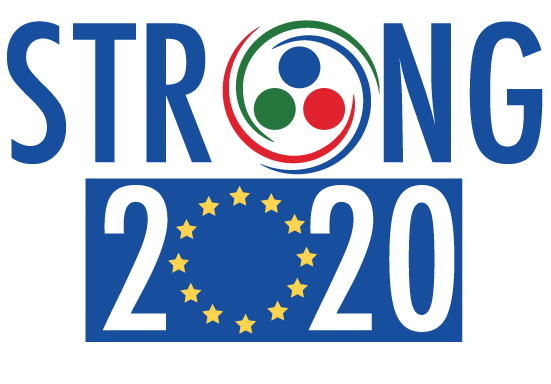Objectives:
[expand more_text=”Show more” less_text=”Show less” height=”190″ hide_less=”no” text_color=”#333333″ link_color=”#ff8800″ link_style=”underlined” link_align=”left”]NLOAccess will give access to automated tools generating scientific codes allowing anyone to evaluate observables -such as production rates or kinematical properties – of scatterings involving hadrons. The automation and the versatility of these tools are such that these scatterings need not to be pre-coded. In other terms, it is possible that a random user may request for the first time the generation of a code to compute characteristics of a reaction which nobody thought of before. NLOAccess will allow the user to test the code and then to download to run it on its own computer. It essentially gives access to a dynamical library.The automated tools on which NLOAccess is based are (i) the MADGRAPH ensemble heavily used by the high-energy physics (HEP) community, but extended to deal with meson and heavy-ion beams and (ii) the HELAC-ONIA code allowing the computation of cross section for heavy-quark bound states, the quarkonia.
The portal NLOAccess will allow one to access additional automated tools. I will extend the portal of MADGRAPH@UCLouvain with the necessary additions to deal with heavy-ion collisions and quarkonium production.
As of today, in contrast to HEP, no such place exists for hadronic physics where interested colleagues can go test their ideas and turn them into concrete realisation with automated Monte Carlo tools. In addition, the available tools are limited to a reduced class of applications. For each, one needs to install them one by one, sometimes along with dedicated libraries and one needs to get familiar with their syntax. A single portal for hadron physics will not only ease the task of the community but will give a much higher visibility to the codes included in it as well as to the hadron physics models on which they are based.[/expand]


